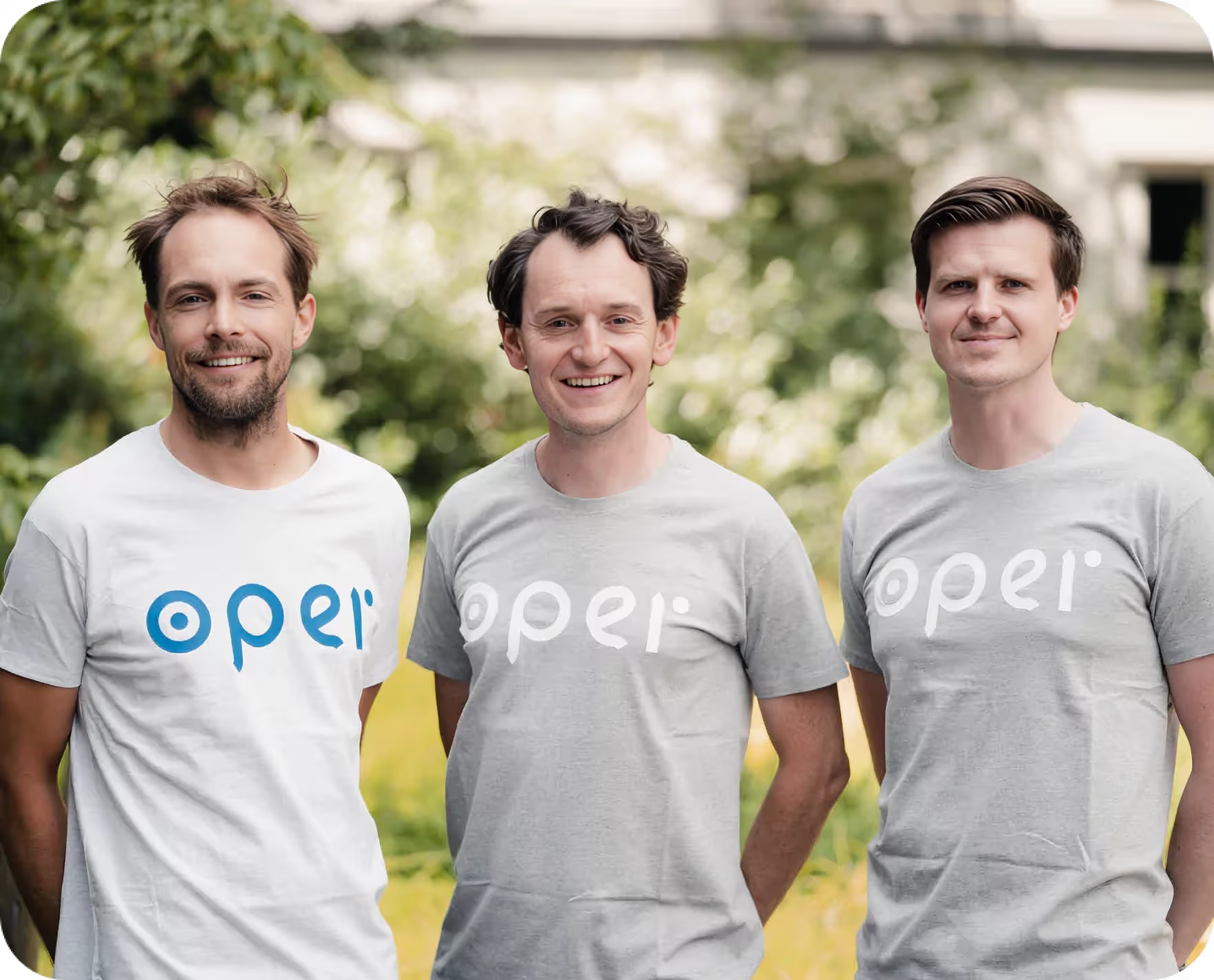The Knowledge Crisis: When Hermann goes on vacation
At DemoBank, there's a running joke that reveals a serious problem: when Hermann goes on vacation, mortgage processing slows to a crawl.
For 30 years, this senior credit analyst has handled 50–60 complex files annually with intuitive precision, spotting issues in minutes that take others hours to identify. Hermann's retirement next year isn't just a personnel change - it signals a deeper Knowledge Crisis unfolding across the banking industry.
But knowledge transfer isn't the only challenge banks face today.
The Process Crisis: Drowning in documentation and manual reviews
Mortgage lenders are simultaneously battling a Process Crisis that's making mortgage operations increasingly unsustainable. So far, Hermann has been able to avert the Process Crisis, however:
- According to our data, over 70% of processing time is spent reviewing documents and manually typing information in the core banking system, and sometimes even several additional systems
- Applications typically require 30+ documents per submission, often still paper-based
- Only 50% of applications are correct on the first submission, often requiring several rounds of back and forth between advisor and client
As experienced analysts like Hermann leave the industry, these operational inefficiencies become both unmanageable and prohibitively expensive.
The Perfect Storm: When knowledge meets process problems
The real threat to banks lies in the dangerous combination of both crises: losing the few people like Hermannn who can make broken processes work effectively. In that sense, the Knowledge Crisis unravels the Process Crisis that Hermannn had been able to cover up until now.
Traditional solutions focus on either knowledge management OR process improvement. But banks need a comprehensive approach that addresses both challenges simultaneously.
The solution: Smart mortgage AI implementation that fits your strategy
The answer isn't a one-size-fits-all approach. Banks need flexible AI solutions tailored to their specific strategic goals and current capabilities.
Success requires a robust API infrastructure, combined with access to third-party data sources, which are essential foundations for an AI strategy, digitalization, and automation in the mortgage business. Without these technical building blocks, even the most sophisticated AI algorithms cannot fully realize their potential.
What AI solutions deliver for banks
While digitizing straightforward mortgage applications has become attainable, true operational transformation requires handling complexity at scale. Real value emerges when AI can process non-standard employment situations, diverse property types, varied documentation formats, and complex regulatory scenarios with the same precision as routine cases.Modern AI achieves this through automated pattern recognition across complex financial documents, real-time document verification and validation, intelligent data structuring that matches expert analysis, and scalable processing that maintains quality standards across advisors and cases.
This approach delivers measurable business outcomes:
- Consistent processing quality across simple and complex applications alike
- Dramatic reduction in manual review time, especially for non-standard cases
- Intelligent handling of varied documentation formats and regulatory requirements
- Scalable expertise that maintains expert-level analysis regardless of application complexity
- Reliable risk assessment for unconventional employment types and property categories
Proven results from early adopters
Banks implementing AI solutions have achieved remarkable results through various approaches:
- Up to 80% reduction in processing times for mortgage applications
- An ROI of 80% to 140% depending on where AI was implemented (back-office vs. mid-office (Deloitte, 2025)
- Consistent quality that eliminates human variance - AI applies the same expert-level analysis uniformly across all applications, ensuring no complex case receives substandard review regardless of workload or analyst experience level
Discover how Bank Cler and HYPO OOE optimized their processes by digitizing their mortgage origination with Oper.
Building scalable, intelligent workflows by default
True operational efficiency emerges when mortgage workflows are redesigned to deliver consistent outcomes, also for those cases that are more complex:
- Volume fluctuations do not impact closing rates - Process seasonal spikes and market surges without extending timelines or compromising quality
- Loan decisions remain consistent across all underwriters - Every application receives the same expert-level analysis regardless of who's handling the file
- System performance improves with every processed loan - AI learns from each transaction to refine risk detection and streamline future processing
By implementing the right AI approach for their needs, banks achieve rapid time-to-value while building mortgage operations that deliver Hermann-level expertise consistently across every loan - at a considerably lower cost.
The Strategic Imperative: Making expertise accessible to everyone
The question facing banking leaders isn't simply "How do we replace Hermann when he retires?"
The real challenge is: How do we make Hermann's level of expertise available to everyone - permanently?
Modern mortgage AI systems can capture Hermann's decision-making patterns, risk assessment criteria, and document analysis expertise, then apply that knowledge consistently across every loan application. This approach offers flexible implementation options that deliver immediate impact while enabling comprehensive operational transformation.
Key Takeaways for banking leaders
- Knowledge Crisis + Process Crisis = Operational Risk: The combination of retiring experts and inefficient processes creates unsustainable operational challenges
- Choose Your Approach: Whether augmenting existing expertise or completely transforming operations, AI solutions can be tailored to your strategic goals
- Modular Implementation: Choose solutions that integrate with current workflows while enabling future transformation
- Scalable Impact: Focus on solutions that democratize expertise across your entire organization
The banks that act now to address both the knowledge and process crises will emerge as leaders in the next decade. Those that wait risk becoming increasingly dependent on a shrinking pool of experts managing increasingly complex, manual processes.
Ready to take the next step? Book a demo with one of our experts now.




.png)


